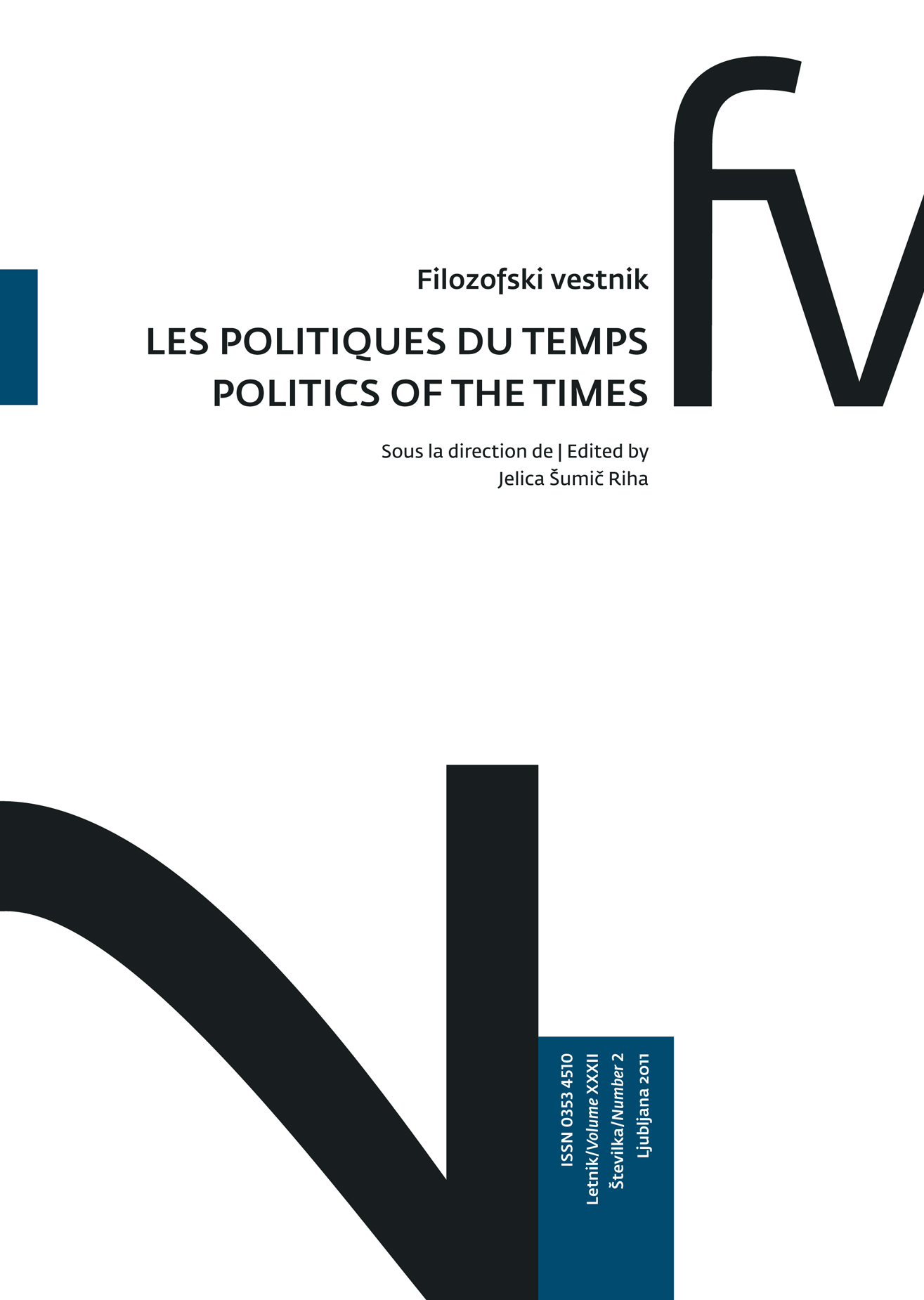« De la fonction politico-clinique du témoignage »
Povzetek
Axel Honneth considers the contemporary political scenario in terms of a struggle for recognition among different individual or collective identities. But if recognition is based on a normative framework of intelligibility, then it can only be sensitive to those political claims that are already identified by that framework. Then the recognition paradigm is limited in terms of the possibility of making visible claims that are not intelligible. This paper discusses Honneth’s conception of recognition through two different authors and traditions: on the one hand the paper uses Judith Butler's conceptions of ‘recognizability’ and ‘apprehension’ in order to re-think recognition in the political domain and, on the other hand, it uses Lacan’s conception and criticism of the recognition paradigm to argue with Honneth in the psychoanalytical domain. So, the main hypothesis of this paper is that a certain re-reading of Gorgio Agamben’s conception of testimony through Judith Butler’s criticism of the recognition paradigm can produce a new approach to exclusion in the political field as well as in psychoanalytical practice. In this sense, the act of witnessing would be a type of recognition that, instead of confirming the intelligibility framework, performs and offers to the excluded the limit of the framework.
Prenosi
Prenosi
Objavljeno
Kako citirati
Številka
Rubrike
Licenca
Avtorji jamčijo, da je delo njihova avtorska stvaritev, da v njem niso kršene avtorske pravice tretjih oseb ali kake druge pravice. V primeru zahtevkov tretjih oseb se avtorji zavezujejo, da bodo varovali interese založnika ter da bodo povrnili morebitno škodo.
Podrobneje v rubriki: Prispevki





